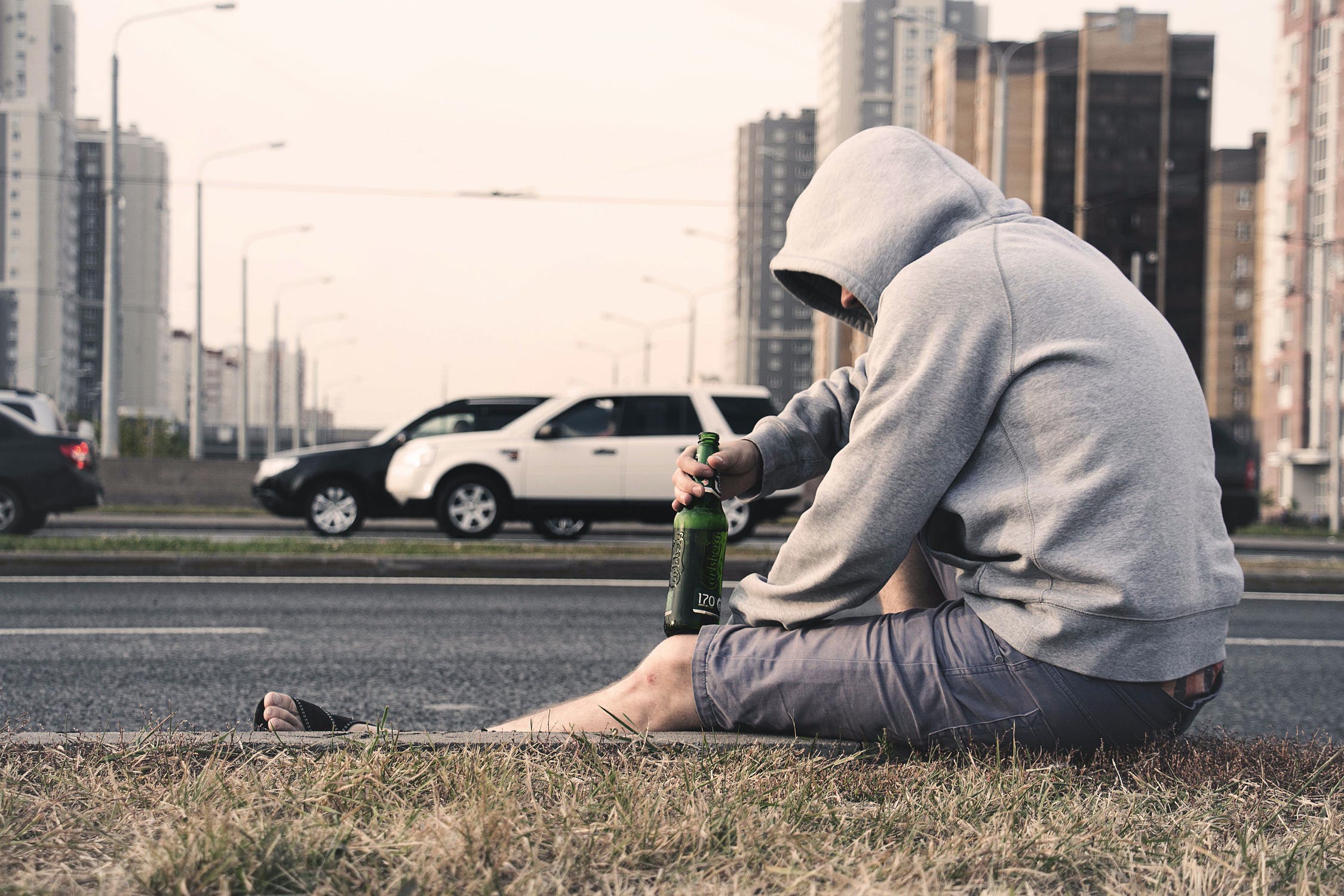Mental health is considered by many to be more difficult to take care of than physical health, as a person’s mental wellbeing can easily be affected by certain traumatic or stressful events in their lives. Having a bad day is often inevitable, and the ability of a person to cope with these troublesome or problematic times in their life could often vary, with some reacting violently while others more calmly. Those who may not be able to cope with bad days very well often have underlying problems with their mental health, and these complications are often caused by factors they have experienced during childhood or even in adulthood. Here are the factors that can affect mental health.
Abuse
Abuse can have lasting effects on a person, especially if the abuser is a part of the family. Being abused by someone close to you may make you feel afraid to trust anyone, as you believe that even your closest family members or friends can harm you. By being subjected to abuse, you will often feel powerless and unsafe at home or outside, and these feelings would lead to serious mental disorders like anxiety, depression, and mood affective disorder. Abuse usually comes in a variety of forms, including physical, mental, and verbal.
Loss
Losing someone you love and care about is heartbreaking, and some people can’t get over the heartbreak even after years of their loved one’s passing. The grief that they experience may never go away, and their sadness can often latch on to other events in their life, even if those events are supposed to be happy. Because of the unending sadness, most people suffering from grief and loss eventually develop depression.
Pregnancy
Many mothers suffer from “postpartum depression,” which occurs after giving birth. This type of depression is caused by multiple factors, including a drop in progesterone and estrogen production and a decreased hormone production of the thyroid gland.
The dramatic drop of hormone production in the body can cause the person to feel tired and sluggish all the time, and the feeling that the mother can’t do anything for herself and for her child because of her tiredness can cause depression. Most mothers don’t know what to do once they get postpartum depression, so it is important to have knowledge of the disorder and learn how to control it before giving birth.
Bullying
Bullying can often be traumatizing for children, as the sense of being powerless and afraid that someone will pick on them can carry over when they become adults. Besides the one being bullied, bystanders can also be affected by the mental effects of bullying, as they will also feel powerless in those situations. Bullying doesn’t just happen in school, it could also happen in the workplace, and this kind of bullying can often have more lasting effects on the person being bullied. On the other hand, bullying can also happen at home, and the bullies can be siblings or even parents, which can also be considered as a form of abuse and take the form of a guilt trip and other negative behavior.
Loneliness
Sadness can sometimes stem from loneliness, which is the feeling that you are alone, and no one would help you with problems. Feeling lonely doesn’t only happen when a person is alone in a certain place or area, as a person can also feel it during times where people would ignore them or if family members tend to not speak to them during gatherings. The sense of loneliness can have a huge impact on someone’s mental health, as it can also develop into depression.
Physical Illnesses
There are different kinds of injuries and diseases that can cause depression and anxiety. One of these is Alzheimer’s disease, which often occurs in elderly people. Alzheimer’s disease is a progressive brain disorder that slowly damages or destroys one’s memory and ability to think. The realization that they are struck by this irreversible disease can often affect the person’s mental health, causing him or her to have depression and anxiety. To learn more about the mental health of the elderly, visit BetterHelp.com, and read articles about geriatric psychiatry.
Besides Alzheimer’s, injuries to different parts of the body can also affect the mental health of the person, especially the injuries causing them to feel useless since they cannot move properly to perform different tasks.
Alcohol and Drugs
Some people consume drugs and drink alcohol as a way to cope with their problems, but what they don’t know is that those harmful substances can worsen their situation. Both alcohol and drugs can have a negative effect on the brain if they are consumed too much, and the physical problems caused by these substances can affect how the brain functions. Alcohol and drug abuse are among the most common causes of brain damage, and they can affect not only one’s mental health but his or her physical health as well.
Sleeping Problems
Having adequate sleep is important for our mental health, as it allows our body to reduce stress hormones and recover from any physical and mental activities that were done during the day. Without getting good sleep, our body aren’t able to recover well, and the stress that we felt from yesterday will surely still be there if we haven’t slept for about eight hours. Lack of sleep is often caused by several problems, including insomnia, which can be treated with medications or having a tighter sleep schedule. In addition to stress, the lack of sleep can also cause bipolar disorder once the insomnia worsens.


